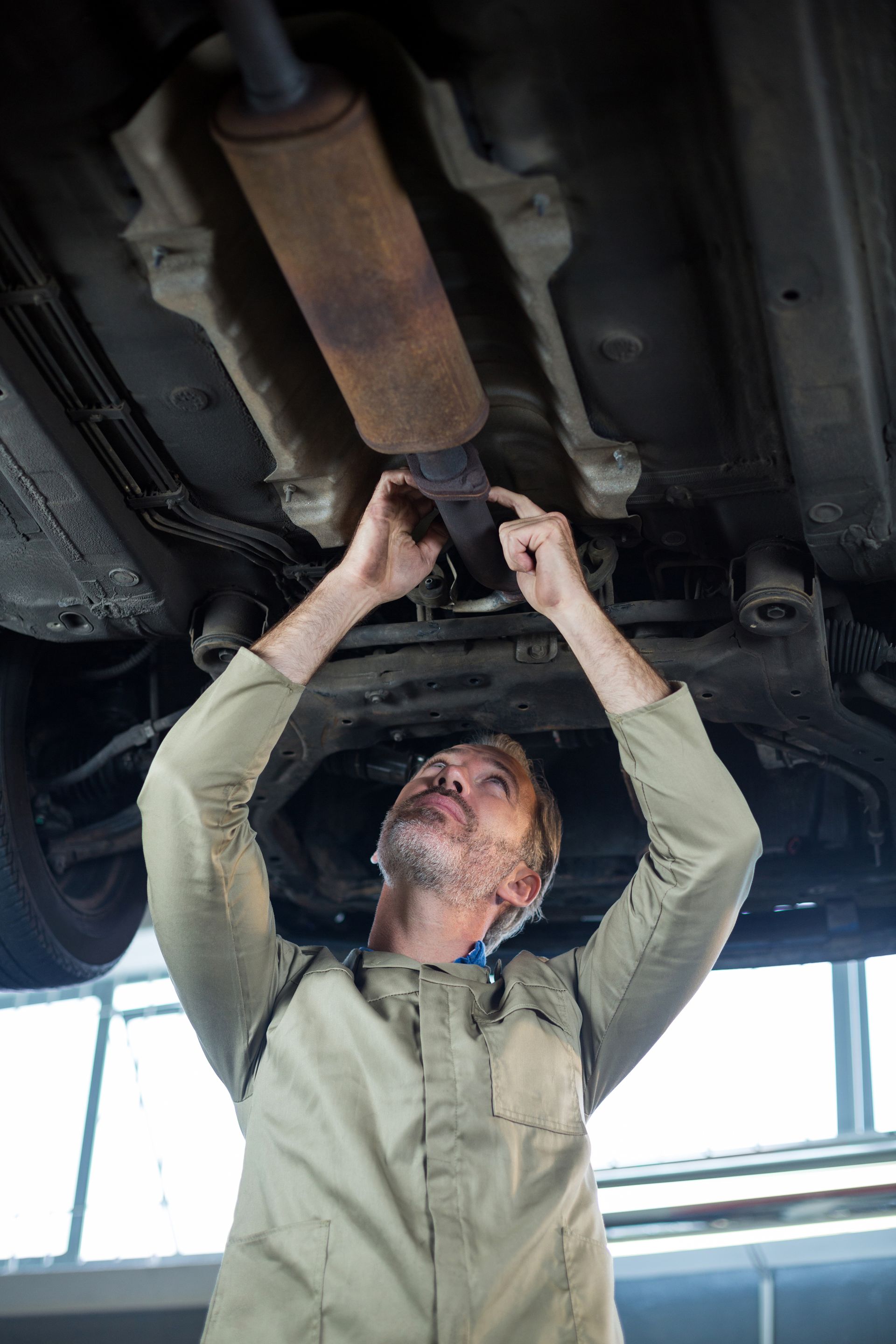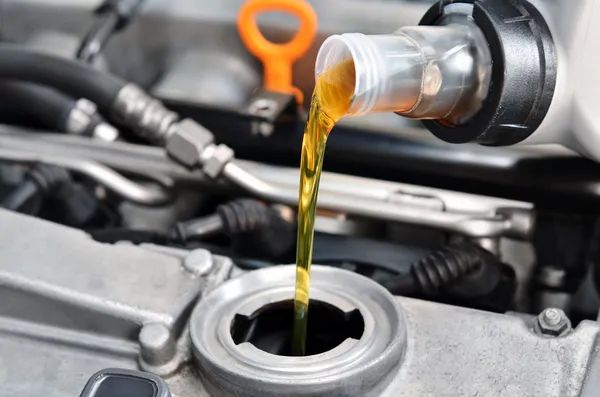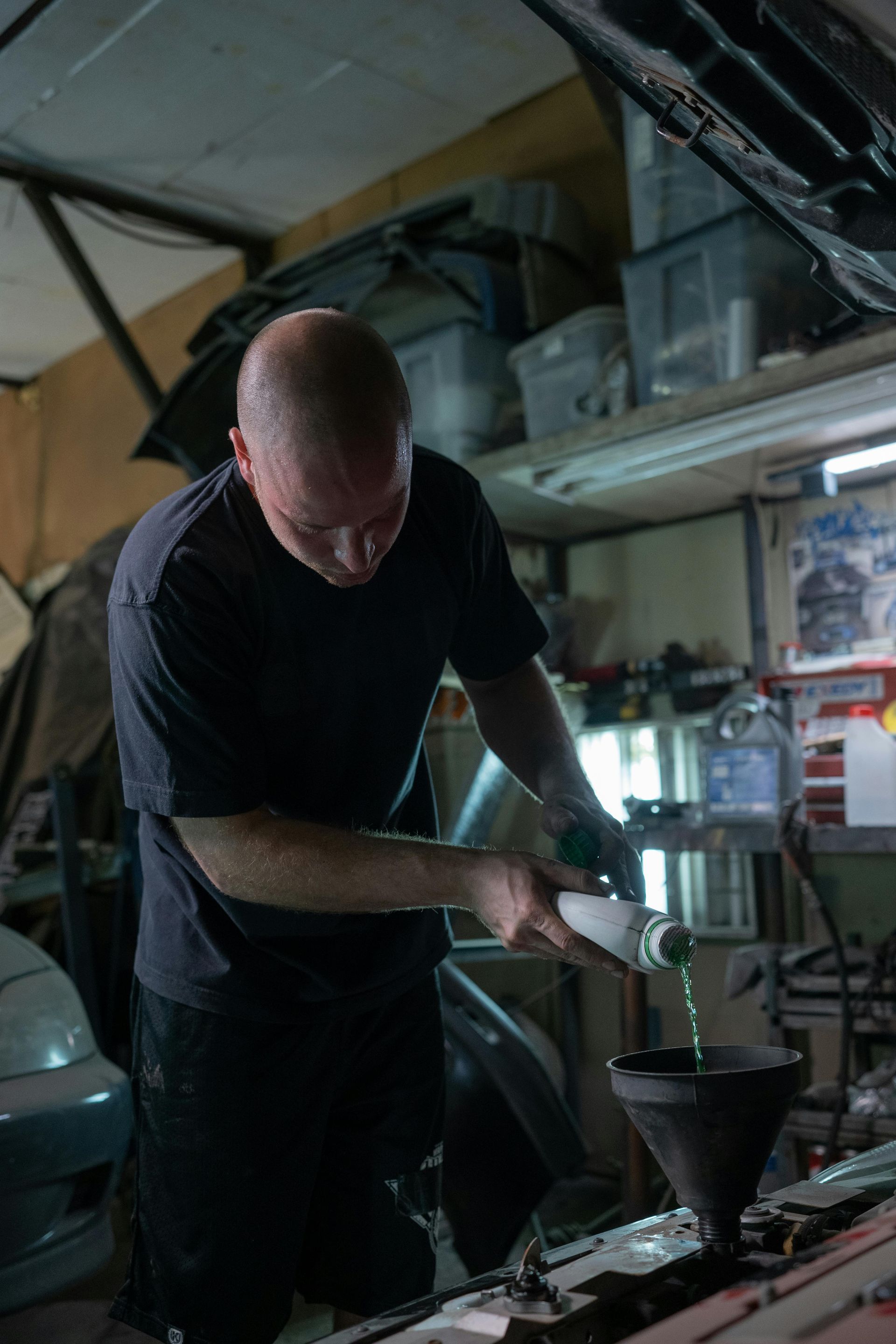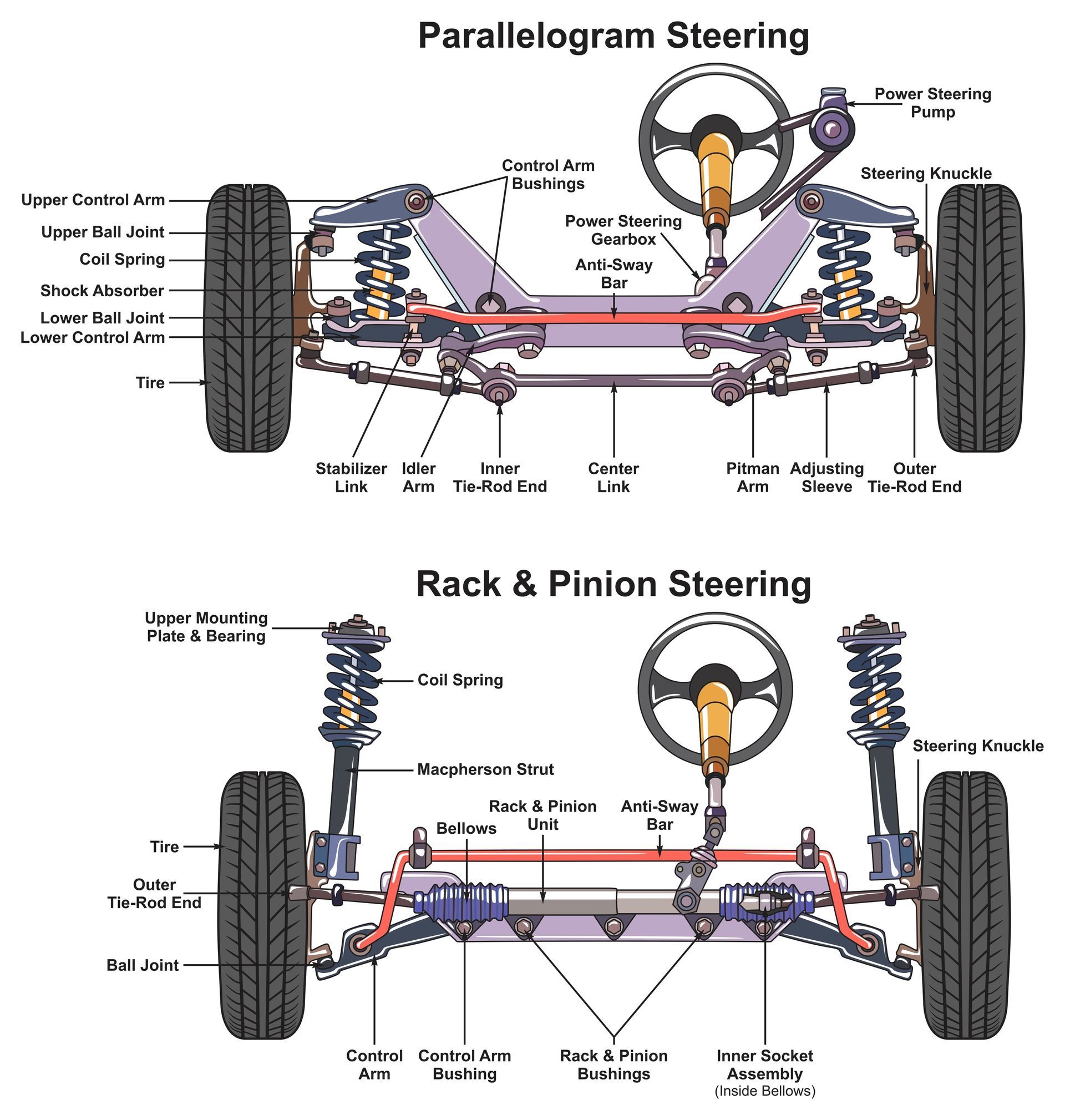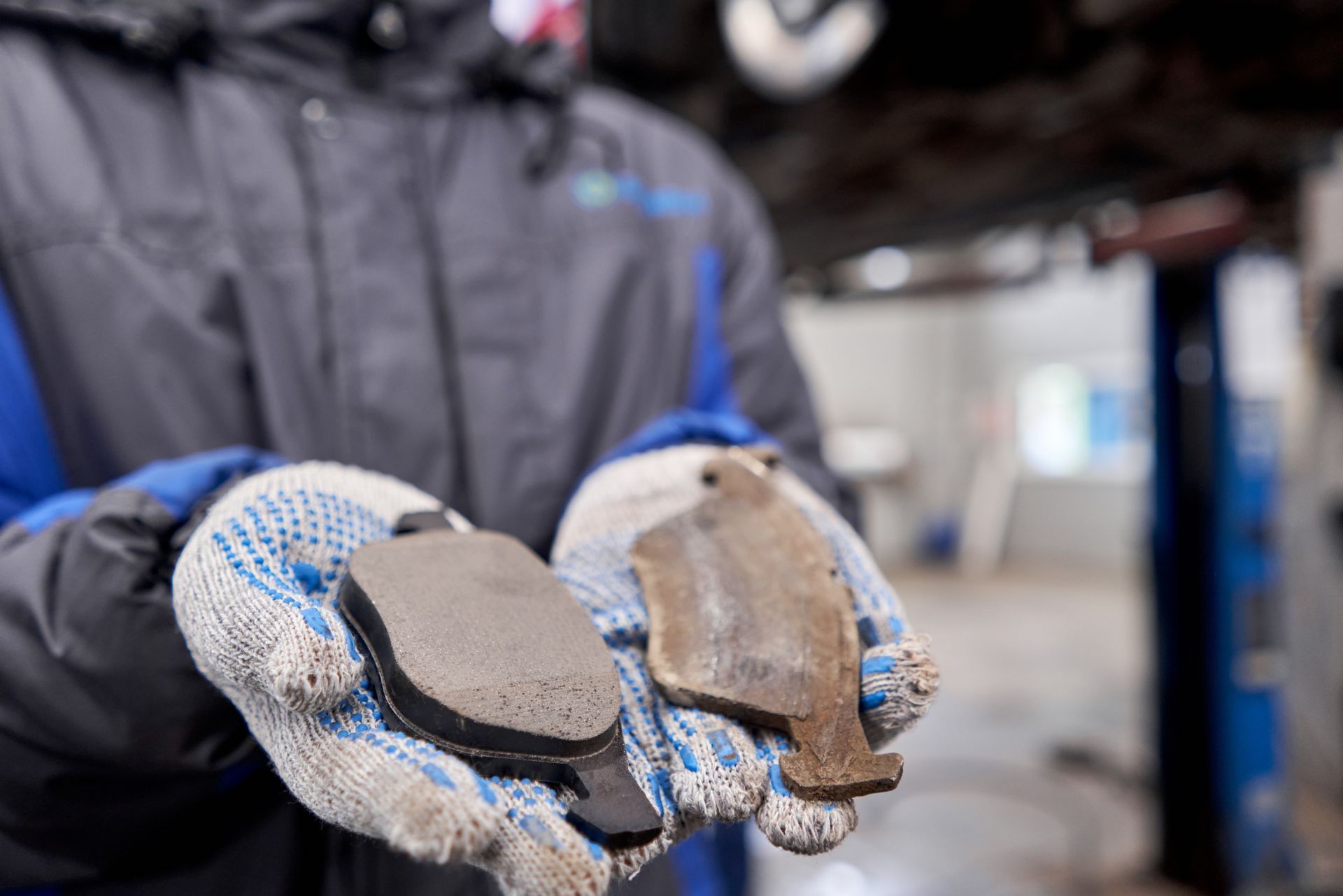Every time you start your engine, motor oil takes on the role of an unsung hero, quietly ensuring all your car’s vital components work in harmony. Because oil changes can seem like a routine chore—often overshadowed by more dramatic car issues—drivers sometimes put them off longer than they should. The truth is, this simple maintenance task is one of the most critical steps in protecting your engine, improving performance, and saving money over time. In this article, we’ll delve into the key reasons why sticking to a regular oil change schedule is so important, and how it can keep more dollars in your wallet. We’ll also highlight how Elite Auto Experts, recognized by many as the best auto repair in Northwest Houston, can help you achieve this goal with ease.

Less Wear and Tear
One of the most significant benefits of fresh motor oil is reduced wear and tear on engine components. An engine contains numerous moving parts—think pistons, crankshafts, and valves—all of which need proper lubrication to move freely without damaging friction. When oil is old, it thickens with contaminants and becomes less effective at its job. As a result, metal parts can scrape and grind against one another, accelerating engine wear. By replacing your oil on schedule, you ensure those parts are shielded by a protective film, reducing friction and significantly cutting down on the possibility of long-term damage.
Better Performance
Nothing beats the feel of a smooth, responsive drive. When your engine is lubricated with clean oil, it can operate at peak efficiency and deliver the power you need. Dirty oil, on the other hand, inhibits this smooth operation, forcing your engine to work harder and less efficiently. Not only does clean oil keep your vehicle running at its best, but it also contributes to the longevity of vital components. If you’re noticing sluggish acceleration or unusual engine noises, it’s often a sign that it might be time for a fresh oil change. By staying on top of this essential service, you’ll enjoy a more reliable ride and fewer unexpected visits to the mechanic.
Fuel Economy
With gas prices frequently on the rise, any boost to fuel efficiency is a welcome relief for your wallet. Dirty or degraded oil increases friction inside the engine, making it harder for moving parts to interact smoothly. This extra strain causes your vehicle to burn more fuel just to maintain normal performance levels. Conversely, using the right grade of oil and swapping it out regularly can lead to noticeably better mileage. Even a small bump in miles per gallon, when multiplied over weeks and months, can add up to big savings at the pump.
Prevent Costly Repairs
t’s easy to think of an oil change as an added expense, especially if money is tight. However, neglecting oil changes typically leads to much bigger bills down the road. Without proper lubrication, essential engine parts like the camshaft, bearings, and crankshaft wear out far more quickly. In severe cases, your engine may overheat or seize, creating the need for a complete rebuild or even a replacement. These major repairs can cost thousands of dollars—far more than you’d spend on routine oil changes over the same period. By scheduling regular oil services, you’re essentially insuring yourself against some of the most expensive car troubles you could face.
How Often Is “Regular”?
There’s no one-size-fits-all answer to the question of how often you should change your oil. Many experts cite intervals ranging from 3,000 to 7,500 miles, although newer vehicles running synthetic oil can sometimes extend that range to 10,000 miles or more. Your driving habits, climate, and the type of oil you use all affect how quickly your engine’s oil breaks down. For instance, frequent short trips, stop-and-go traffic, and extreme temperatures can shorten oil life. Always consult your car’s owner’s manual for manufacturer guidelines, and if you’re unsure, speak with a trusted mechanic for personalized advice.
Driving Habits and Other Factors
Your individual driving style can also impact how quickly oil degrades. If you regularly tow heavy loads, make short daily trips, or drive in dusty environments, consider getting your oil checked more frequently. Paying attention to warning signs such as increased engine noise, performance issues, or a dark coloration of the oil on the dipstick can also guide you in determining whether it’s time for a change. When in doubt, err on the side of caution and schedule a service—those few extra dollars now can save you hundreds, if not thousands, later.
Elite Auto Experts: Best Auto Repair in Northwest Houston
Choosing the right automotive service provider can make all the difference. At Elite Auto Experts, recognized by many as the best auto repair in Northwest Houston, you’ll find knowledgeable technicians, state-of-the-art equipment, and top-quality products. Whether your vehicle requires a conventional, synthetic blend, or full synthetic oil, our team will make sure you’re getting the optimal service for your specific model. We focus on precision and consistency, ensuring that each oil change meets the highest standards of care.
Staying on top of your oil changes is a straightforward yet highly effective way to protect your vehicle’s engine, enhance performance, and save money in the long run. Fresh oil reduces wear and tear, boosts fuel economy, and wards off the kind of major engine damage that can lead to expensive repairs. In short, it’s a small investment in regular maintenance that pays huge dividends over time.
If you’re ready to take this simple but vital step, take advantage of our special $39.95 Full Synthetic Oil Change at Elite Auto Experts and experience peace of mind every time you hit the road. Book your appointment now and see why so many people call us the best auto repair in Northwest Houston. A quick oil change today can translate into fewer breakdowns, better performance, and more savings down the road.
